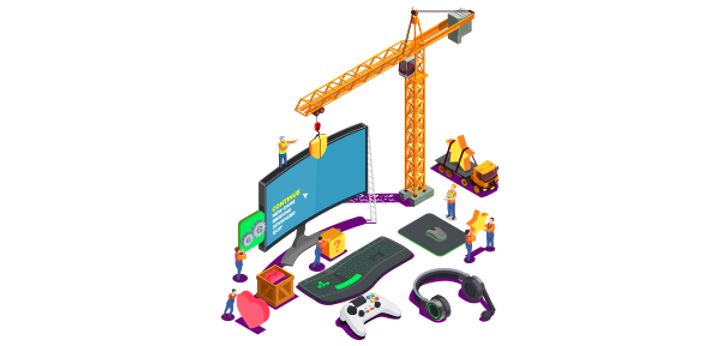


Initial Scenario

A Philadelphia based video-game studio was interesting in building an Anti-Money Laundering video game to train law-enforcement officers helping them identify, detect and report crimes in the financial industry. Being a small startup, the renowned Forbes 30 under 30 CTO was looking for ways to create a Minimum Viable Product (MVP) and a rapid go-to-market strategy.
Their internal team consisted of game designers, architects, business analysts and UX, UI engineers; At the time, they were working on multiple new video-games and supporting current games in production with new feature and enhancement requests as well. The team members were siloed and focused on their individual functional roles during the development process. The leadership team wanted to remove these functional silos, change the culture within the startup; they wanted to create a framework for creating MVP’s for their product and remain focus for their new products.
How Agile Brains assisted

The Agile Brains leadership team was introduced to the founders of the startup at the Drexel Alumni Awards function. The founders were wary of bringing outside consultants since they related external consultants to be process and methodology-centric. Agile Brains asked for a 2-day assessment to review their current processes, interview their team members and observe the teams in action. A recommendation plan was created and shared with the founders of the startup focusing on use of Lean-Agile to deliver the video-game.
The engagement started with a Design Thinking session with the architects, designers and engineers focusing on building a rapid prototype. Using wire-frames and screen mockups, the first version of the game was showcased to the founders; they were thrilled to see progress in a short duration. The team started using one week sprints with weekly goals and having daily standups to keep themselves on track. Features for the game were prioritized into P1, P2 and P3 and the first version of the game would go live with only P1 features.
The Lean-startup coach safeguarded the team from external feature requests and helped them maintain focus. A huge Kanban board was setup in the main conference room and an Agile tiger team was setup to deliver the first version. Functional silos were removed and hand-offs were eliminated. “One-team” mantra was instituted by the startup and the goal became the launch of the Money Laundering Video Game.
Business Value Delivered

After spending two months with the startup, unbelievable results were achieved
-
The Anti-Money laundering game with P1 features was delivered in record 8 sprints
-
12 financial experts were brought for the first demo of the game in a span of 4 weeks
-
120+ defects were identified and fixed within the sprint cycle
-
The video-game is currently used by on the largest financial institutions in the country for training existing and new hires
-
Over 1200 members have played the game and have used case studies to detect and report financial crimes
-
A Lean-Agile playbook for video-game delivery has been created and is used for all incoming new game requests
-
New features continue to be added to the Anti-Money laundering game and are prioritized by the same P1, P2, P3 prioritization framework
-
All new hires for the startup continue to be trained in Agile and Lean principles
-
The “One-team” mantra continues to the foundation of how the startup continues to operate even today

